
Waterloo.AI’s “Let’s Talk AI” podcast series, enables connectivity to learn about the projects and breakthroughs from our AI Researchers and connected AI Eco-System. Through an informal discussion, we shed light on the researcher’s area of focus, what started them in AI, and what insights and vision they have for the path ahead.


AI Trust & Efficiency with PolyML
PolyML is a dynamic team comprised of data technology innovators and pragmatic business experts dedicated to pioneering new data analytics techniques and applying them to solve complex data challenges for their clients. With a core focus on inventing groundbreaking software for mining insights from data, they blend deep data science expertise with strategic business understanding to deliver previously inaccessible insights to their clients. Their approach is rooted in a relentless drive to innovate and provide value through advanced data analytics solutions.

Materials Discovery with Sushanta Mitra
Bio: Sushanta Mitra is a professor in Mechanical & Mechatronics Engineering and the Executive Director of the Waterloo Institute for Nanotechnology (WIN). He is an elected fellow of several organizations, including the Canadian Academy of Engineering and the American Association for the Advancement of Science, for his contributions to science and engineering.

Responsible AI Development with Maura R. Grossman
Bio: Dr. Maura R. Grossman is a Research Professor in the School of Computer Science and an Adjunct Professor at Osgoode Hall Law School. Renowned for her work in technology-assisted review in legal proceedings, her research intersects AI, data science, law, and ethics. At the University of Waterloo, she focuses on the ethical implications and societal impacts of AI, contributing significantly to the fields of AI ethics and legal informatics.

Synthetic Data with Helen Chen
Bio: Dr. Helen Chen is the Director of Professional Practice Centre n for Health Systems; she is also the faculty lead of the Master of Health Informatics Program at the School of Public Health Sciences.
Additionally, she is jointly appointed to both Cheriton School of Computer Science and Statistics and Actuarial Science. She is also the President of Canadian Personalized Healthcare Innovation Network, a not-for-profit organizing promoting the access and use of real world health data to enable learning health systems.

Ellyn Winters-Robinson and Chris Silivestru
Bio: Ellyn Winters-Robinson is a recent breast cancer survivor, co-creator of AskEllyn, and author of the bestselling book "Flat Please Hold the Shame," a girlfriend’s companion guide for those on the breast cancer journey. She is also the co-founder and chief marketing officer of Ignition Communications, a boutique marketing communications firm, and a longtime mentor at The Accelerator Centre. Ellyn’s story has been featured in People Magazine, Globe and Mail, and CTV.
Chris Silivestru is a proven Engineering Leader with a background in full stack development across a variety of problem domain and scaling demands. He has experience forming and growing high performing teams, leading technical direction, planning for the long term while still iteratively delivering value, and working across entire orgs to make sure they're solving the right problems at the right time.

AI Discovery with Scott Hopkins
Bio: Scott Hopkins carries out research in the area of physical chemistry. The Hopkins Laboratory for Spectroscopy and Dynamics Research employs experimental spectroscopy and chemical dynamics techniques in conjunction with high-level quantum chemical calculations to decipher the nature of nanocluster systems. His research focuses on three key areas: velocity map imaging, structure and reactivities of nanoclusters, and high-resolution spectroscopy.

Chris Eliasmith
Bio: Chris Eliasmith, Director of the Centre for Theoretical Neuroscience and head of the Computational Neuroscience Research Group (CNRG). He primarily focuses on integrating neural and psychological explanations of behaviour and constructing large-scale brain models. He has contributed to neuromorphic engineering, scientific models and theories, computation theories, dynamical systems, and statistical modelling. His extensive academic biography explores various aspects of the mind, from philosophical critiques of cognitive science to the development of novel theories rooted in neural considerations. Alongside Charles Anderson, he devised a groundbreaking technique for constructing biologically detailed models of neural systems on a large scale. These models have been successfully applied to domains such as rat navigation, working memory, lamprey swimming, hemineglect, and language-based reasoning. His most recent publication, "How to Build a Brain: A neural architecture for biological cognition," published by Oxford University Press, synthesizes his prior research and showcases his expertise in the field.

Victor Cui
Bio: Dr. Victor Cui is Conrad Research Excellence Chair and a tenured professor in Entrepreneurship, Innovation, and Global Strategy at the Conrad School of Entrepreneurship and Business, University of Waterloo. He is an internationally recognized thought leader, award-winning researcher and teacher in innovation strategy, cooperation and competition, intellectual property rights protection, and U.S-China decoupling. His recent research focuses on firms’ Artificial Intelligence (AI) strategies and best practices to optimize business performance. His research has reached a wide audience via media outlets such as Fortune, Canada Broadcast Company (CBC), and Global News. He has consulted extensively in the financial services, health care, pharmaceutical, manufacturing, airline, and brewery industries. He has co-founded technology startups and joint ventures in personalized medicine and chronic disease management.

Will Zhao
Bio: Will Zhao is an Assistant Professor at the Stratford School, University of Waterloo, specializing in Organization and Human Behaviour. He earned his PhD from Emlyon Business School in France and completed his postdoctoral research at Stanford University as a SCANCOR scholar. Prior to joining Waterloo, he was a faculty member at a Canadian business school and achieved a promotion to tenured associate professor. Will's research is interdisciplinary and focuses on innovation from various perspectives, including organizational, educational, and engineering. He uses a combination of multimodal methods such as semiotics, rhetoric, and artificial intelligence perspectives. His publications are found in various academic journals ranging from business, education, engineering, and interdisciplinary studies.

Edith Law
Bio: Edith Law is an Associate Professor at David R. Cheriton School of Computer Science at the University of Waterloo. She also co-directs the Human Computer Interaction Lab. Her education consists of being a postdoctoral fellow at Harvard University School of Engineering and Applied sciences. She holds a Ph.D. in Machine Learning from Carnegie Mellon University, a Masters in Computer Science from McGill University and a B.Sc in Computer Science from the University of British Columbia. She is interested in social computing technology that coordinates small groups to large crowds, new models of interactions with machine intelligence, and how technology can be designed to foster and celebrate certain human values.
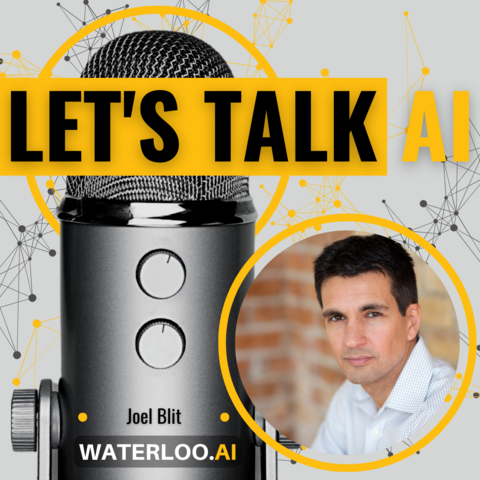
Joel Blit
Bio: Joel Blit is an associate professor of Economics at the University of Waterloo. He completed his bachelor's in Engineering Science at the University of Toronto. He received his MASc in Computer Engineering at the University of Waterloo; his MBA at INSEAD; his MA in Economics at Western University and his Ph.D.in Economics at the University of Toronto. Prior to joining Waterloo, Joel was an assistant professor ofEconomics and International Affairs at George Washington University.He has also been a business consultant to financial services firms in Asia, Australia, and North America. The main research interests of his work are the economics of innovation and innovation policy. He studies the role that multi-location firms play in promoting the flow of knowledge across geographical space and the effect that intellectual property rights have on innovation. His most recent research focuses on AI and economics.
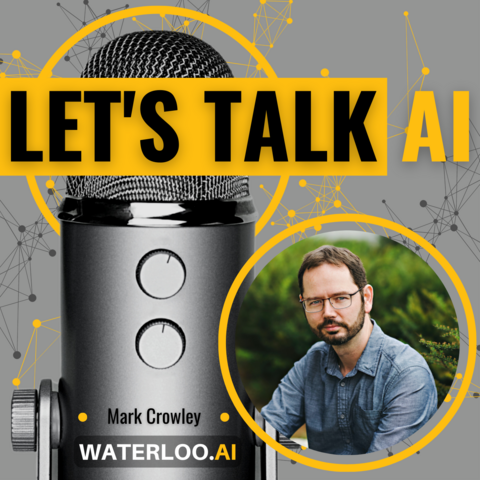
Mark Crowley
Bio: Mark Crowley is an assistant professor at the University of Waterloo's Electrical and Computer Engineering department and the ECE Machine Learning Lab director. Mark received his Ph.D. and M.Sc. in Computer Science from the University of British Columbia working in the Laboratory for Computational Intelligence with David Poole. He completed a postdoc at Oregon State University working with Tom Dietterich's machine learning group on robust decision-making under uncertainty in simulated Forest Fire domains. His areas of research are reinforcement learning, deep learning and ensemble learning. He has worked on various projects focusing on ecology, sustainable forest management, autonomous driving, medical imaging and physical chemistry.

Sirisha Rambhatla
Bio: Sirisha Rambhatla, Assistant Professor, University of WaterlooBio: Dr. Rambhatla is an Assistant Professor in the Management Sciences Department, Faculty of Engineering with cross appointments with David R. Cheriton School of Computer Science and Systems Design Engineering Department at the University of Waterloo.
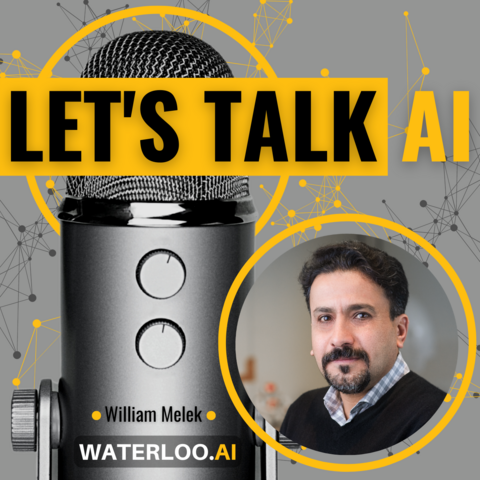
William Melek
Bio: William Melek is a Professor in the Department of Mechanical and Mechatronics Engineering at the University of Waterloo. He also serves as the Director of the Laboratory of Computational Intelligence and Automation and the Director of RoboHub.
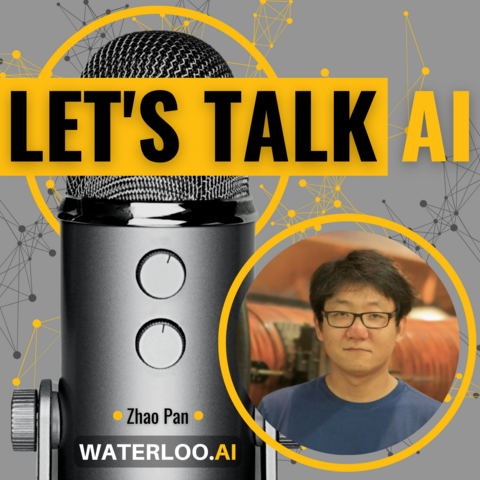
Zhao Pan
Bio: Zhao Pan is an Assistant Professor in the Department of Mechanical and Mechatronics Engineering at the University of Waterloo and the Principal Investigator of the Interdisciplinary Fluid Physics Lab - Pan Lab. Prior to joining Waterloo, he worked at Utah State University and Florida Center for Advanced Aero-propulsion (FCAAP, FSU) as a postdoctoral fellow.
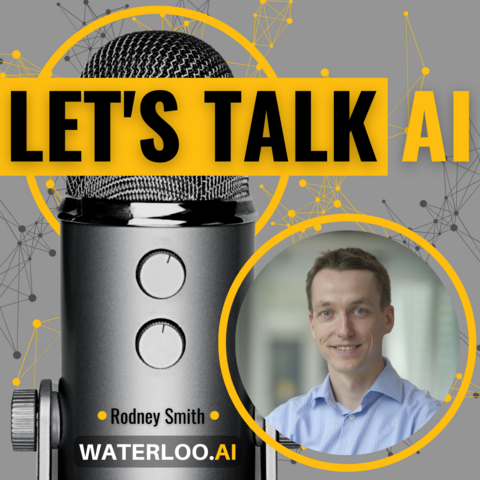
Rodney Smith
Bio: Rodney Smith’s research involves the study of electrocatalysts for use in sustainable energy storage systems. His research examines the chemistry of electrode surfaces, measures electron transfer kinetics and probes electrochemical reaction dynamics in an effort to guide the design and fabrication of solid-state electrocatalysts.
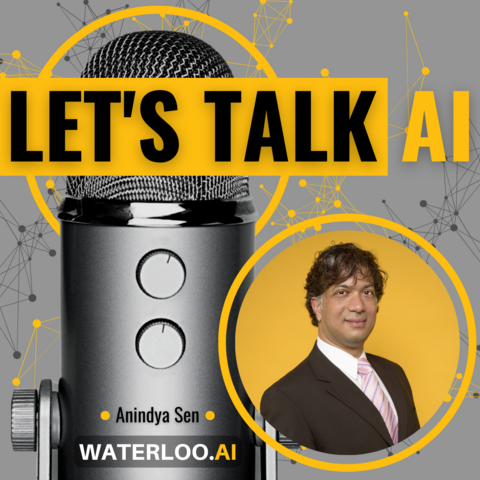
Anindya Sen
Bio: I was born in Saskatoon and grew up in Calgary and Montreal. However, I spent my teens and young adult life in Nigeria and India. As a result, I was exposed to rather extreme differences in economic conditions and material comforts. I became interested in why people in prosperous countries like Canada could obtain their groceries and household needs from large and clean stores while individuals in less developed countries, had to access tumultuous (and vibrant) bazaars. The acute and chronic poverty I also encountered impacted me, and I began to wonder on what a government could and should do in terms of policy intervention. I saw economics as a natural outlet to answer these questions.
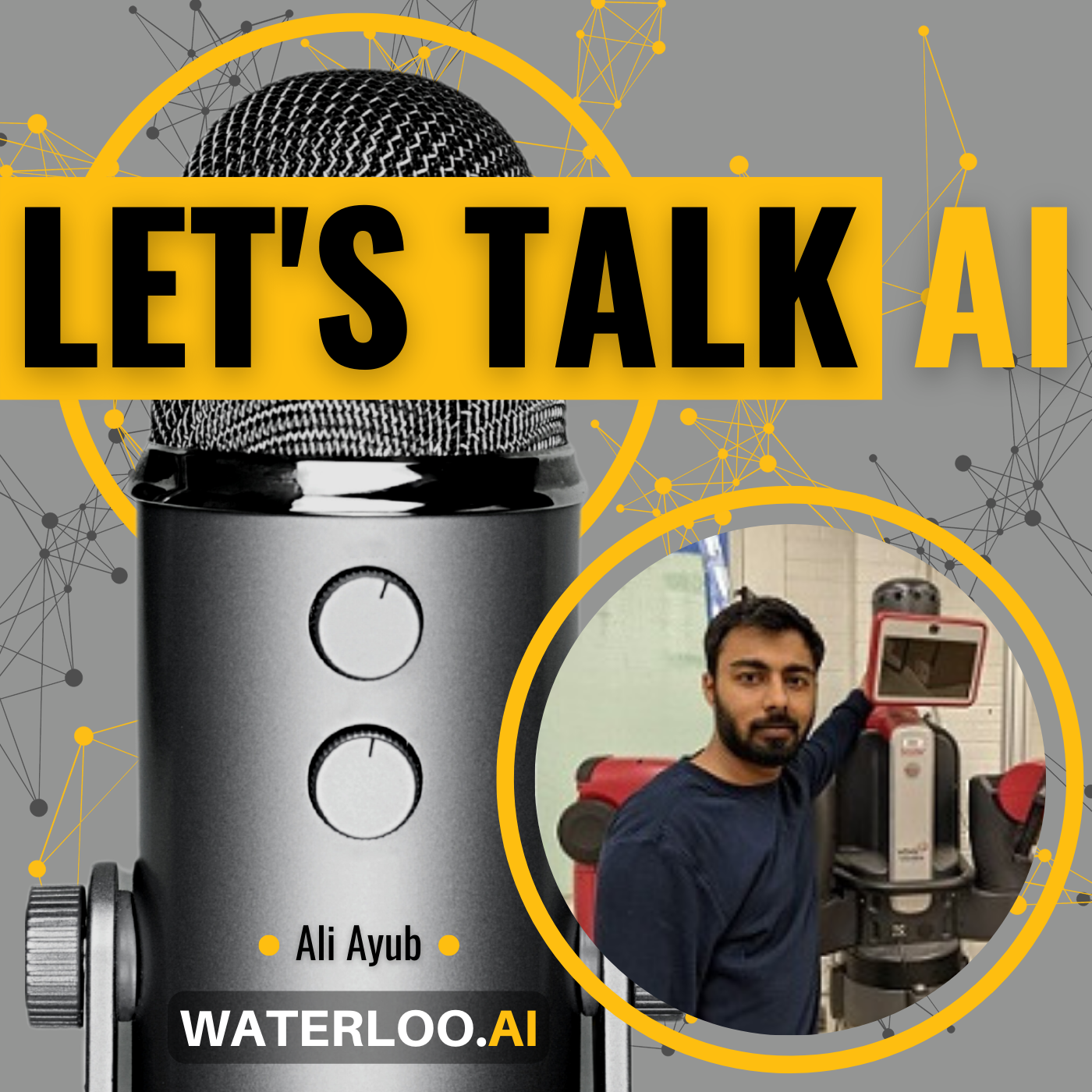
Ali Ayub
Bio: I am a Post-Doctoral fellow at SIRRL at the University of Waterloo under the supervision of Professor Kerstin Dautenhahn. I graduated with a Ph.D. degree from REAL at The Pennsylvania State University, under the supervision of Professor Alan R. Wagner. Before joining Penn State, I completed my undergraduate in Electrical Engineering from the University of Engineering and Technology, Lahore. I was also a part of the Global UGRAD program funded by USEFP and spent a semester at the University of Central Missouri during my undergraduate studies.

Helen Chen
Bio: Dr. Helen Chen is the Associate Director of Professional Practice Centre in Health Systems, she is also the faculty lead of the WHISTL research group. Additionally, she is an assistant research professor, jointly appointed to both the School of Public Health and Health Systems and to the Cheriton School of Computer Science.
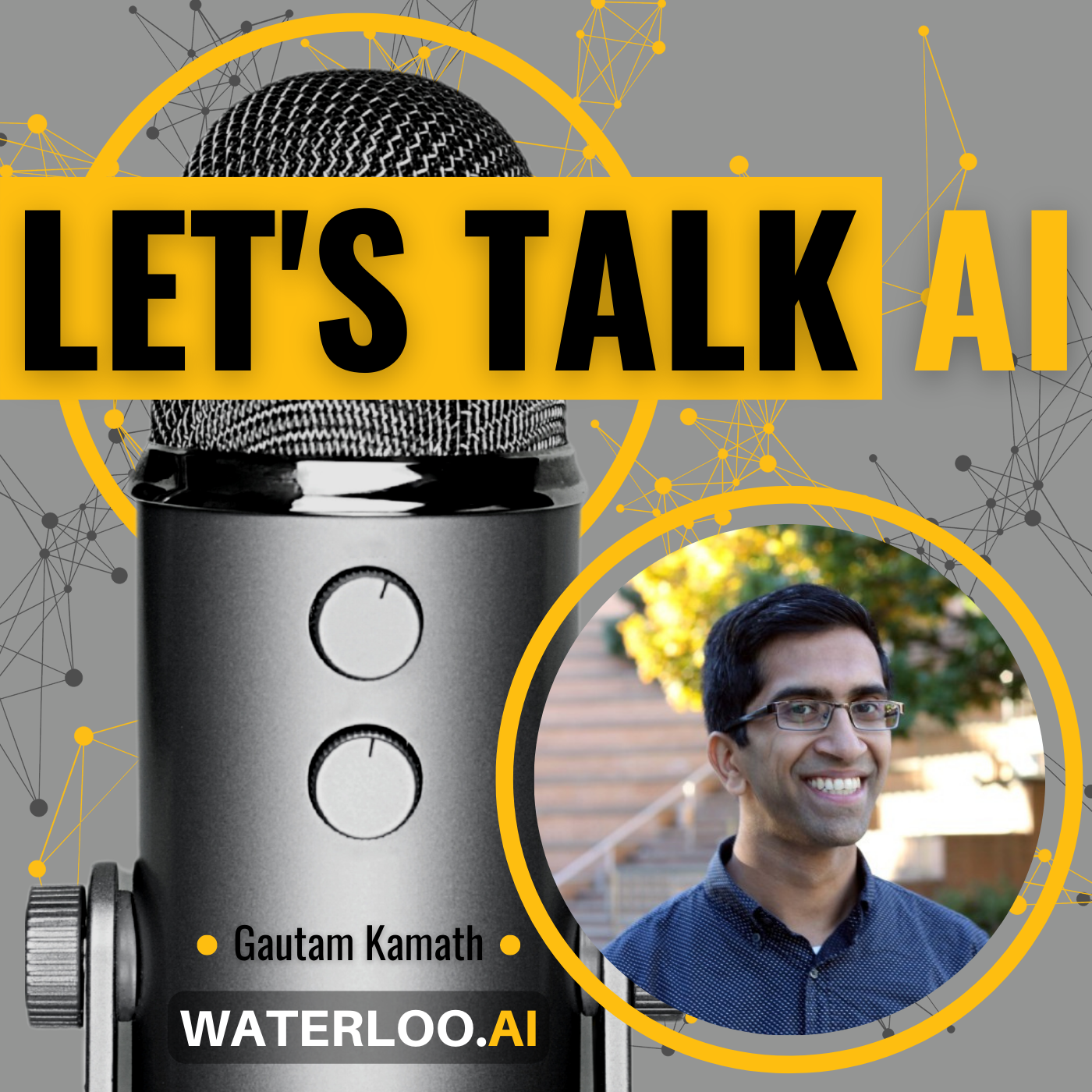
Gautam Kamath
Bio: I am an Assistant Professor at the University of Waterloo's Cheriton School of Computer Science. I run The Salon. I'm interested in reliable and trustworthy statistics and machine learning, including considerations such as data privacy and robustness.
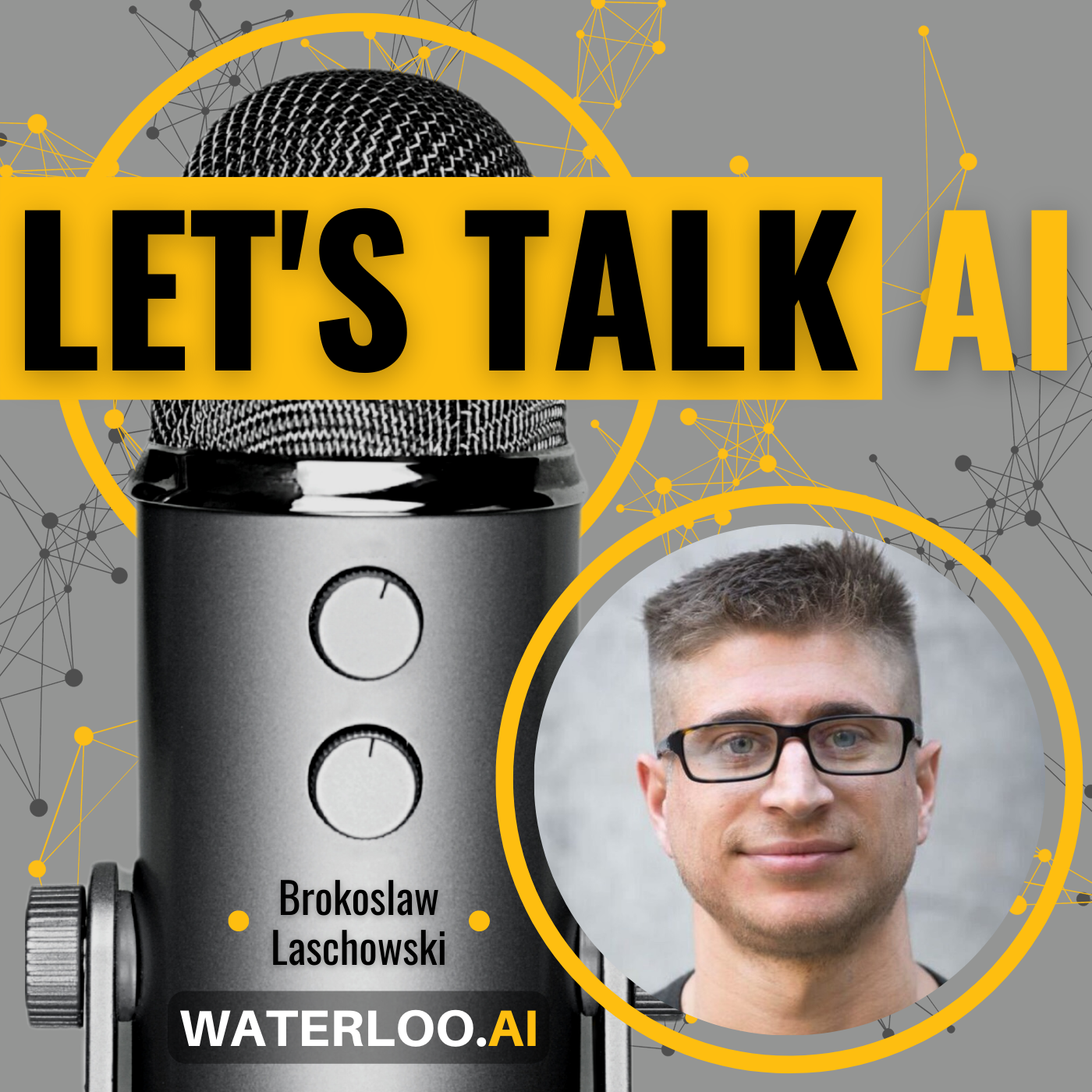
Brokoslaw Laschowski
Bio: Dr. Laschowski received his PhD from the Department of Systems Design Engineering, with a specialization in biomedical engineering, at the University of Waterloo. He is also a member of Waterloo.AI.
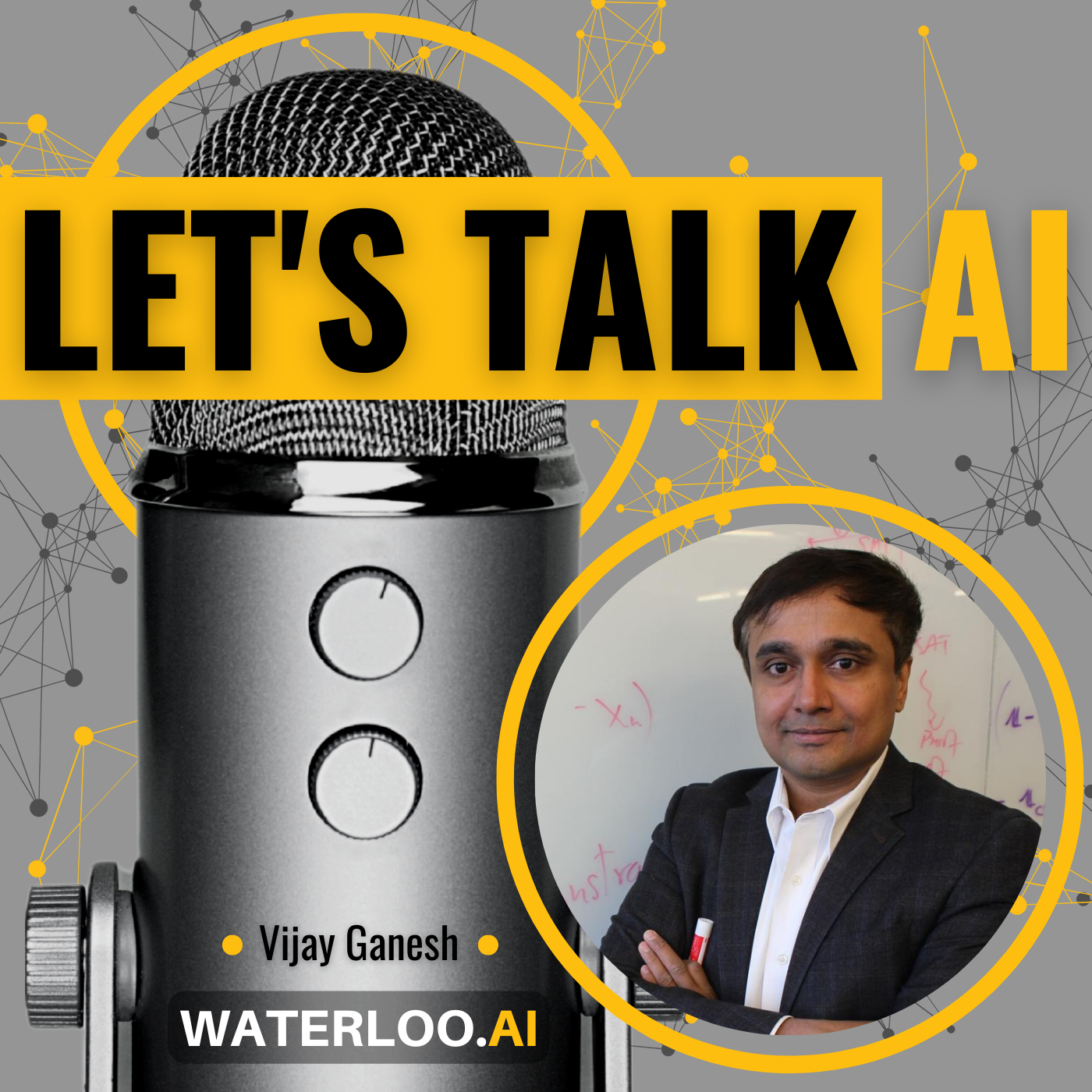
Vijay Ganesh
Bio: Vijay Ganesh is an associate professor at the University of Waterloo's Electrical and Computer Engineering department, with a cross-appointment at the David R. Cheriton School of Computer Science. He is also the Co-Director of the Waterloo Artificial Intelligence Institute (Waterloo.AI).